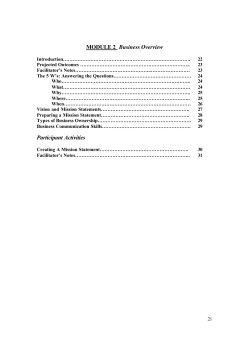
‘The STolen GeneraTionS’
‘The STolen GeneraTionS’ Aborigines are the indigenous people of Australia. Their history in this world date as far back as 80,000 years old. They are people with old traditions, a deep connection with the land and family. "Aboriginals believe in two forms of time. One is the daily activity, the other is an infinite spiritual cycle called the 'dreamtime', more real than reality itself. Whatever happens in the dreamtime establishes the values, symbols, and laws of Aboriginal society.” Aborigine people live modestly and humbly. Traditionally they lived in the hostile desert environment. Traditions of hunting and surviving are passed down through the generations. Some still live off the land today. Up until 1969 it was not illegal for an Australian to shoot an Aboriginal Person. In recent history Aboriginal people were excluded from the vote, pensions, employment in post offices, enlistment in armed forces and maternity allowance. 1926-Western Australia, 11 Aboriginal people are murdered in police custody; no prosecutions follow In 1928 Europeans shoot 32 Aboriginal people after a European dingo trapper and a station owner are attacked by them. A court of inquiry rules the Europeans' action 'justified'. Aboriginal people are refused legal aid by the federal government. Exclusion of Aboriginal children from public schools followed requests by the white community. The most shameful part of Australia’s history are what is know as … ‘The Stolen Generations’ The purported aim was to end the existence of the Aborigines as a distinct people. The Western Australia Aborigines Act is passed, making the Chief Protector the legal guardian of every Aboriginal and 'halfcaste' child under 16 years old. Between 1910 and 1970 an estimated 50,000 Aboriginal children were removed from their families. Most were aged under five. "The destiny of the natives of aboriginal origin, but not of the full blood, lies in their ultimate absorption... with a view to their taking their place in the white community on an equal footing with the whites." People believed that Aboriginal people lived poor and unrewarding lives, and that institutions could teach aboriginals to ‘better’ themselves. The governments in the 1930s said children had to be taken away from their parents because the influence of their own communities was immoral and they were in danger of abuse and neglect, but the real agenda then was to deAboriginalise them. Authorities believed that the ‘breeding out’ of the aboriginal blood would take three generations to become effective. “I'm the only one out of thousands of members of the stolen generations who got through and was believed that these things did happen. This is the most important thing - the believing.” -Valerie Linow, member of the Stolen Generations The Age, October 18 2002 • • “For 18 years the State of Victoria referred to me as State Ward No 54321. “ -Paul, personal story in the Bringing Them Home Report Due to this horrendous history and lack of identity and belonging, the aboriginal people have ongoing social problems of a serious nature. Many feel they still don’t ‘fit’ in Australian society. Over the years people began to see the injustice of the assimilation. The people began to protest. In 2008 Kevin Rudd makes a public speech to say ‘Sorry’ to the aboriginal people. “We reflect on their past mistreatment. We reflect in particular on the mistreatment of those who were Stolen Generations—this blemished chapter in our nation’s history.” “…And for the indignity and degradation thus inflicted on a proud people and a proud culture, we say sorry.” “…The pain is searing; it screams from the pages. The hurt, the humiliation, the degradation and the sheer brutality of the act of physically separating a mother from her children is a deep assault on our senses and on our most elemental humanity.” Thousands of people came to watch.
© Copyright 2025





















